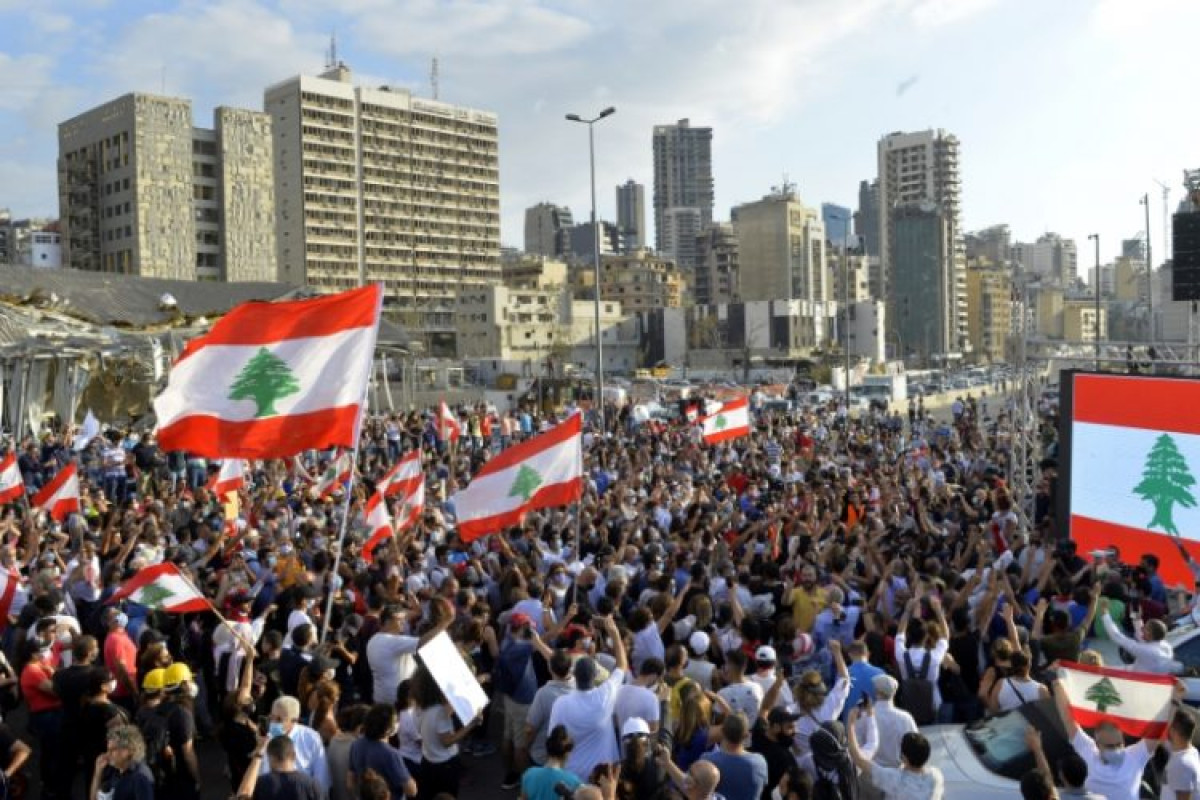 81
81
Six months after taking over as caretaker Prime Minister and being charged with forming a cabinet, Saad Hariri’s desperate attempts have further alienated him politically. Neither Lebanese President Michel Aoun nor the Free Patriotic Movement (FPM) leader, Gibran Basil, are to blame for Hariri’s present plight; rather, Hariri’s own western allies abandoned him in this critical situation, prompting the Sunni leader to consider resignation once more, despite the possibility that this may only be a political maneuver to attract the attention of his Western backers.
Back in November 2019, Saad Hariri resigned as his cabinet became economically paralyzed, and he was unable to take significant steps to break the impasse. In the face of violent street protests, Hariri resigned, hoping that by doing so, he would be able to bring together a broad range of foreign and local stakeholders to find a solution to Lebanon’s economic dilemma. When it comes to the country’s economic problems during Hariri’s tenure, it is worth noting that at the time, the government owed over $ 120 billion, with around 80% of the debt borrowed from Lebanese banks, resulting in massive domestic debt.
Hariri hoped to gain a national understanding to aid the Lebanese government in repaying its domestic debts while persuading international creditors, such as France and Saudi Arabia, to forgive Lebanon’s $ 24 billion in foreign debt, which is more than double its current budget.
To Hariri’s chagrin, none of this happened.
Hariri’s failure to persuade his Shia opponents, Maronite MPs, and former Druze allies have exacerbated rather than alleviated the financial crisis in Lebanon. Lebanon’s debt is said to have skyrocketed by $ 16 billion in the previous 18 months, increasing the country’s overall debt to about $ 136 billion.
Prior to his resignation, Saad Hariri’s government agreed to impose a 20-cent tax on every users’ first WhatsApp daily conversation and a tax of around $ 1.3 per pack of imported cigarettes and $ 0.5 per pack of Lebanese smokes. The decision triggered widespread protests. “We attempted to preserve the country from peril, but we hit a dead end,” Hariri said as he announced his resignation. “His resignation, on the other hand, instead of resolving the issues, simply exacerbated a political vacuum in Lebanon.
Saad Hariri and the March 14 pro-Western block have traditionally looked to the West to address Lebanon’s domestic problems, but this has plunged Lebanon into utter chaos and sparked widespread popular demonstrations. Today, the most common complaint thrown by Lebanese citizens is Hariri’s poor economic performance in the fight against prevalent administrative corruption and the government’s lack of financial transparency.
Hariri’s errors in instituting neoliberal tax policies and altering the country’s economic structure in accordance with IMF instructions have literally brought Lebanon to its knees.
However, the US-backed political parties in Lebanon will not desist from riding the tide of large protests to further their political and factional ambitions.
Comment
Post a comment for this article